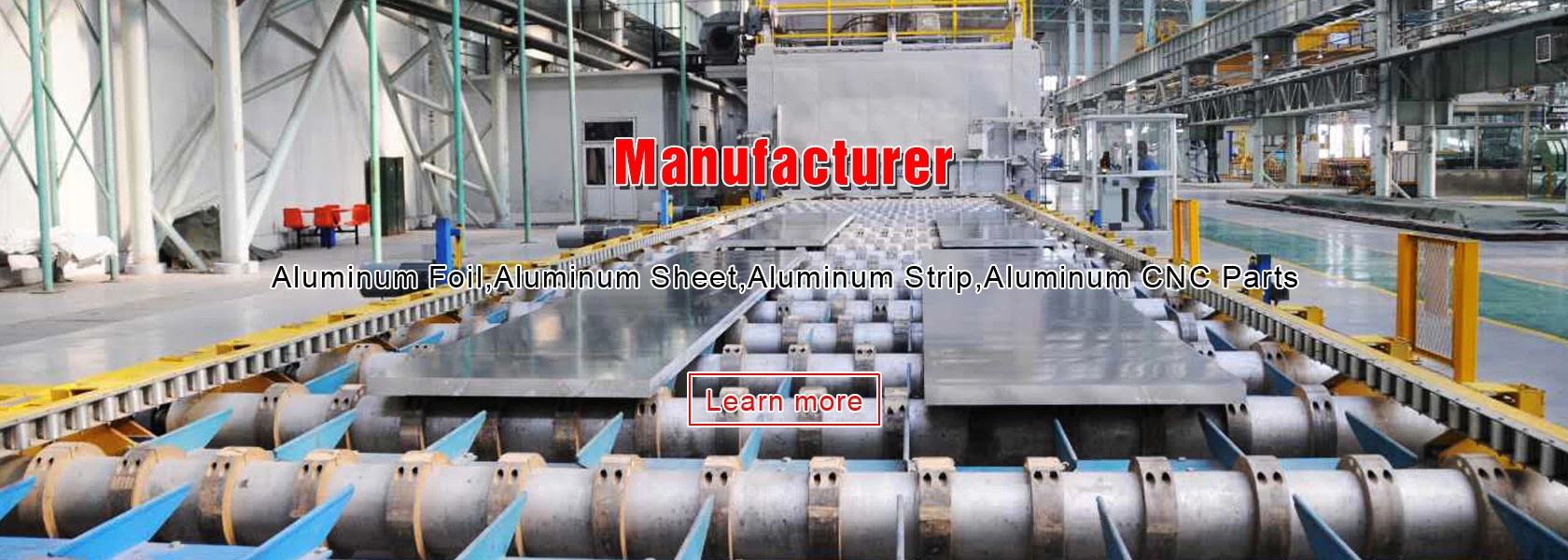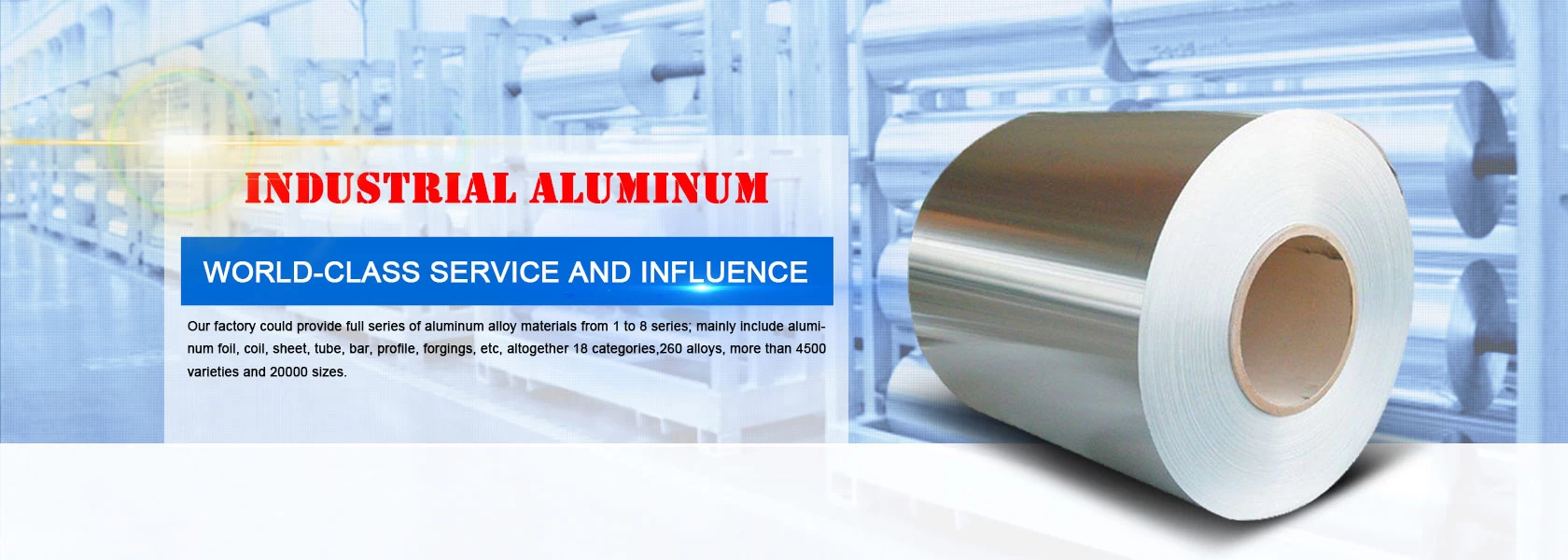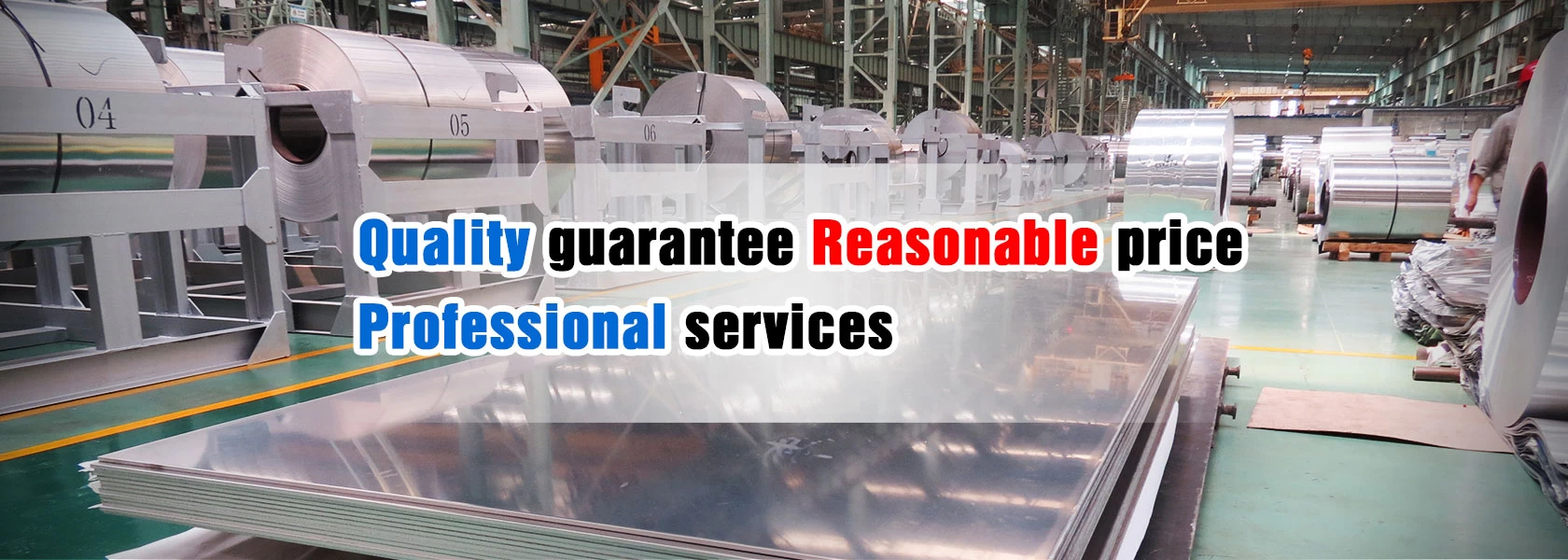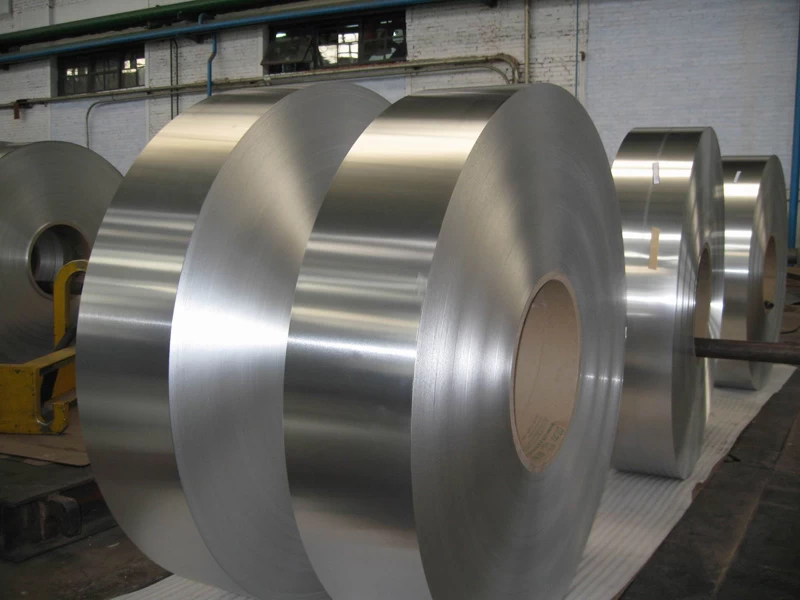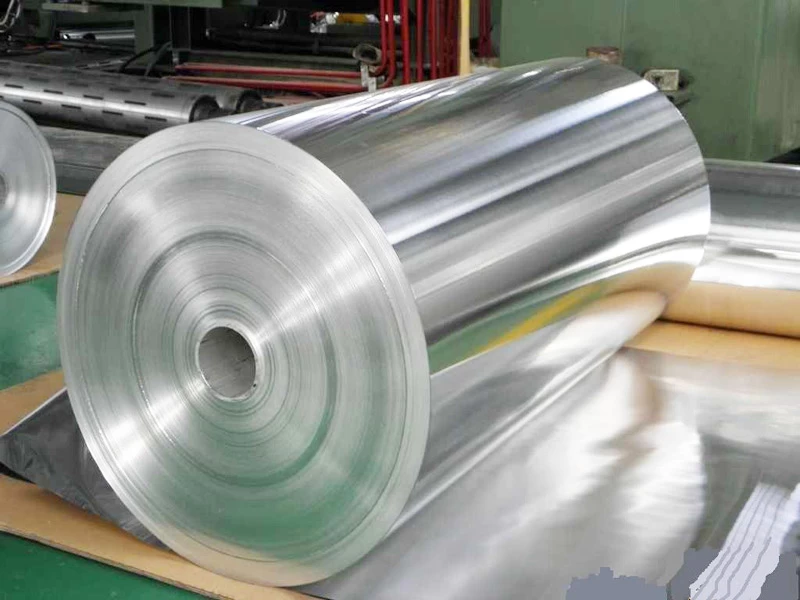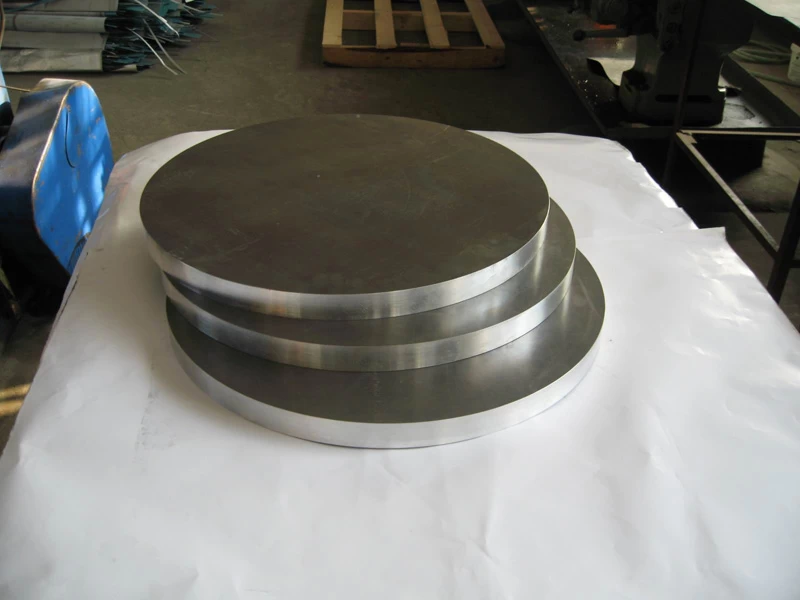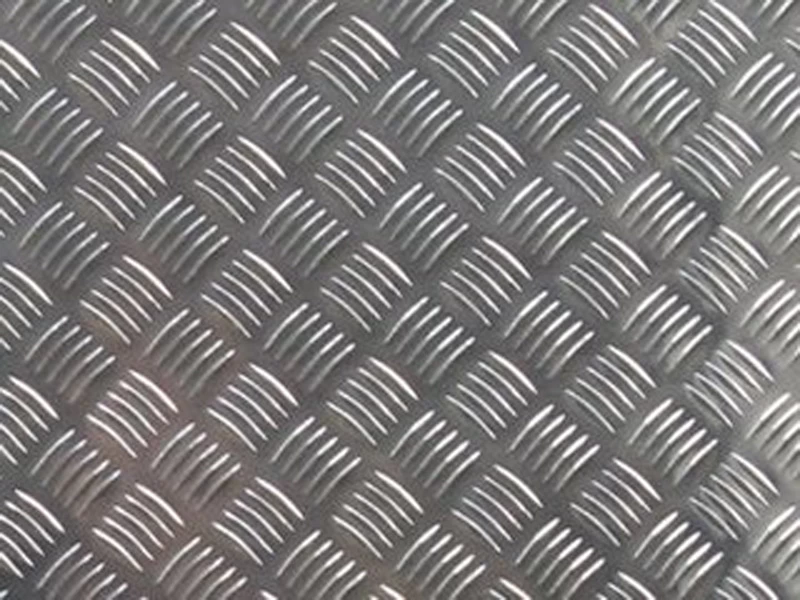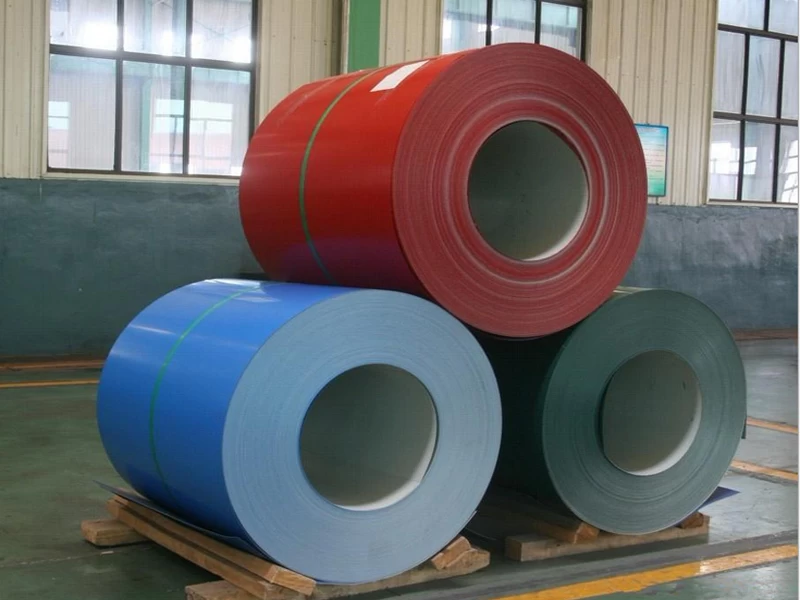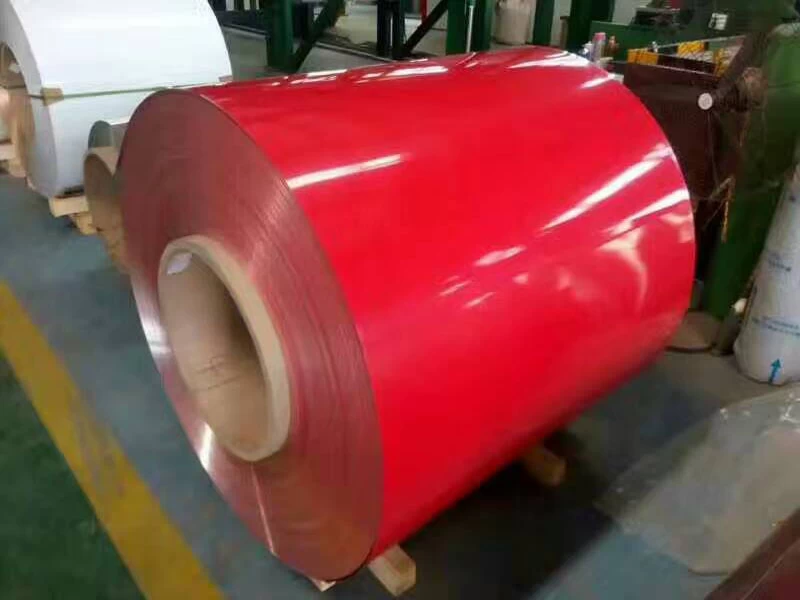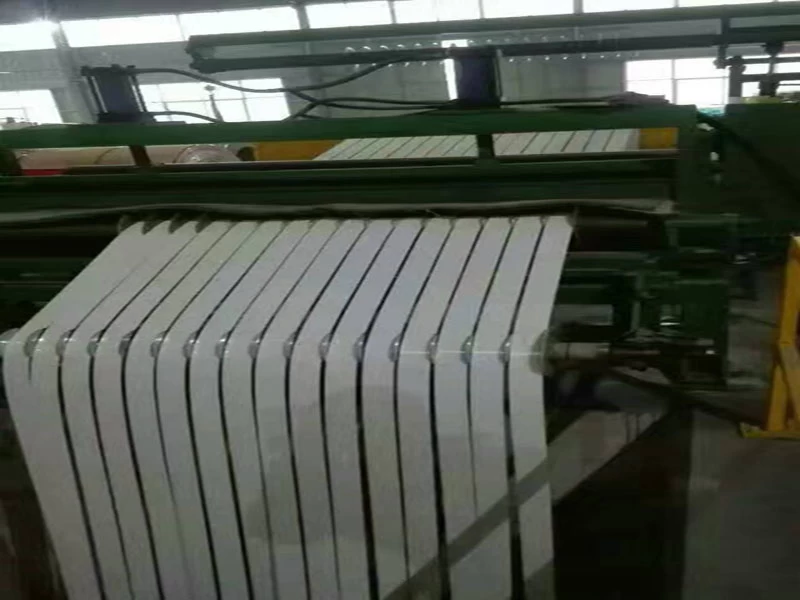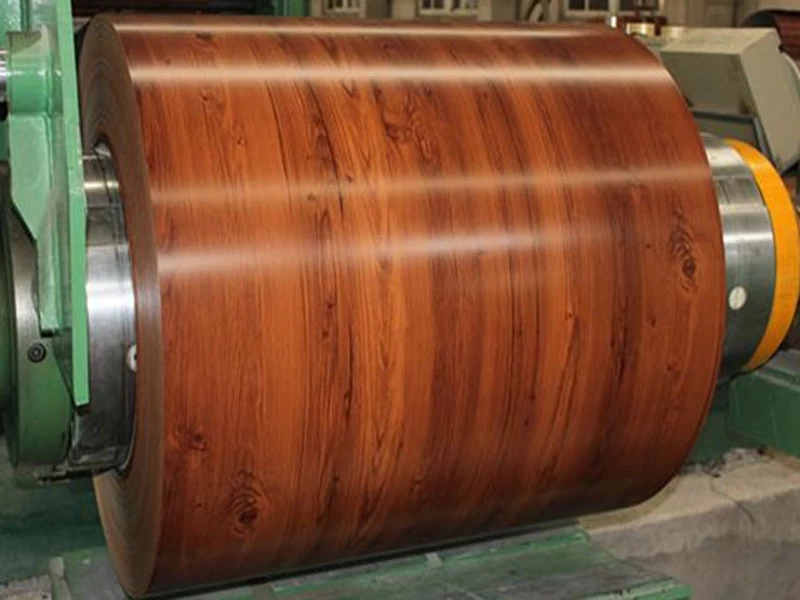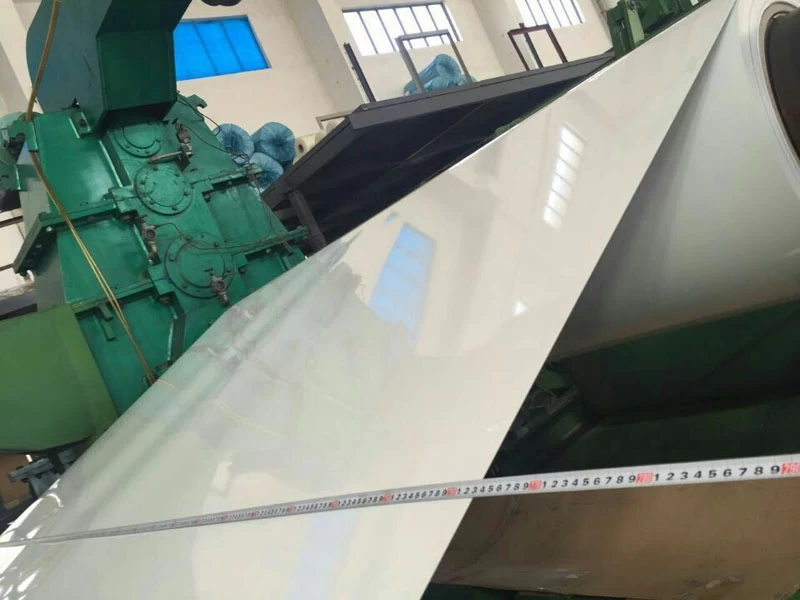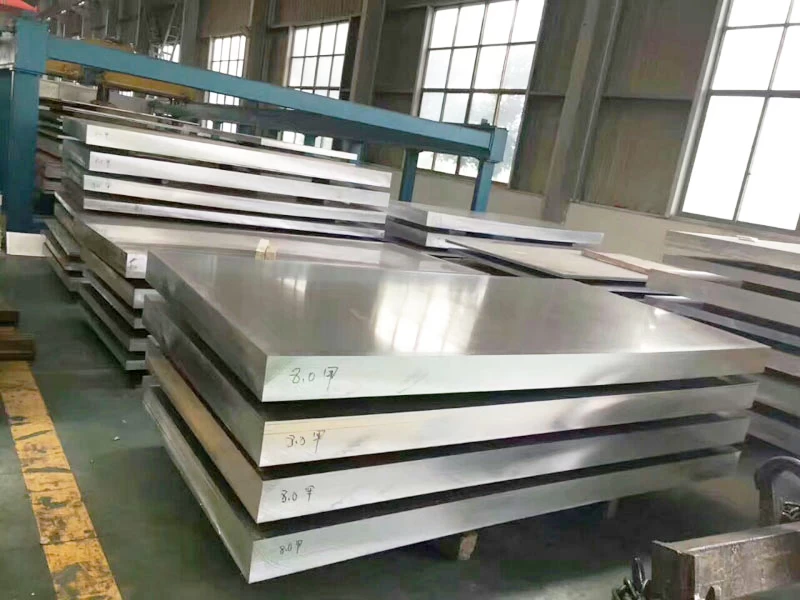U.S. and Japan Will Launch Exemption from High Tariff Negotiations on Steel and Aluminum Products
Dong Xing
aluminummanufacturerchina.com
2018-05-07 14:19:45
The U.S. Trade Representative Robert Lettze said on the 1st that the U.S. side and Japan will discuss the exemption of high tariffs on steel and aluminum products(3004 aluminum plate on sale) from Japan during negotiations on bilateral trade agreements.
President Donald Trump of the United States sought to sign a bilateral trade agreement with Japan. Wright Zeisser was eager to attend a business forum in Washington on the 1st: "We must sign a free trade agreement with Japan, and we hope to sign the agreement at a certain moment."
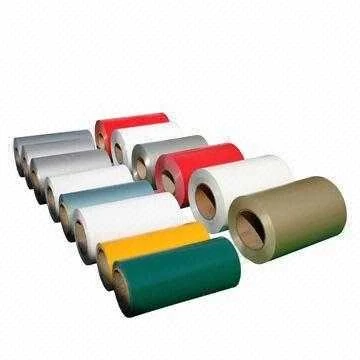 When Japanese Prime Minister Shinzo Abe visited the United States in mid-April, he agreed with Trump that he would start a new round of negotiations on a bilateral trade agreement between Japan and the United States, led by Minister of Economic Restructuring, Masao Mokuki, and U.S. Trade Representative, Robert Lettzel. The two sides expect to hold the first round of ministerial-level trade and investment negotiations between Japan and the United States in mid-June.
When Japanese Prime Minister Shinzo Abe visited the United States in mid-April, he agreed with Trump that he would start a new round of negotiations on a bilateral trade agreement between Japan and the United States, led by Minister of Economic Restructuring, Masao Mokuki, and U.S. Trade Representative, Robert Lettzel. The two sides expect to hold the first round of ministerial-level trade and investment negotiations between Japan and the United States in mid-June.
When Abe visited the United States, he tried to persuade Trump to exempt Japan from tariffs on steel and aluminum products(Aluminum coated coil 1100-O). However, Trump “bundled” the exemption tariff with the results of bilateral trade negotiations and refused to exempt Japan at this stage. On the 1st, Leite Heather said that after the launch of a new round of bilateral trade negotiations, the two governments will discuss the issue of exemption from Japan’s high tariffs on steel and aluminum products.
Wright Shizzle said that the Trump administration "actively considers" formulating bilateral trade agreements with countries in the Asia Pacific region. According to Japan’s Kyodo News Agency, Abe’s government has “a reluctant attitude” toward the Japan-US bilateral trade agreement and insists that the “Trans-Pacific Partnership Agreement” (TPP) is the best choice for both countries.
After Trump took office last January, he announced the multilateral free trade agreement that the United States negotiated when it withdrew from the Democratic Party. Japan, Australia, Canada and other 11 TPP members spent several months renegotiating. In March of this year, they signed the "No US version of TPP", the "Comprehensive and Progressive Trans-Pacific Partnership Agreement" (CPTPP).
When Abe visited the United States, he once again suggested that the United States change its mind, but US Secretary of Commerce Wilburrose recently said that the TPP was "defective" when he was on a program on the US Consumer News and Business Channel, denying that the United States would return to the TPP in the near future.
President Donald Trump of the United States sought to sign a bilateral trade agreement with Japan. Wright Zeisser was eager to attend a business forum in Washington on the 1st: "We must sign a free trade agreement with Japan, and we hope to sign the agreement at a certain moment."

When Abe visited the United States, he tried to persuade Trump to exempt Japan from tariffs on steel and aluminum products(Aluminum coated coil 1100-O). However, Trump “bundled” the exemption tariff with the results of bilateral trade negotiations and refused to exempt Japan at this stage. On the 1st, Leite Heather said that after the launch of a new round of bilateral trade negotiations, the two governments will discuss the issue of exemption from Japan’s high tariffs on steel and aluminum products.
Wright Shizzle said that the Trump administration "actively considers" formulating bilateral trade agreements with countries in the Asia Pacific region. According to Japan’s Kyodo News Agency, Abe’s government has “a reluctant attitude” toward the Japan-US bilateral trade agreement and insists that the “Trans-Pacific Partnership Agreement” (TPP) is the best choice for both countries.
After Trump took office last January, he announced the multilateral free trade agreement that the United States negotiated when it withdrew from the Democratic Party. Japan, Australia, Canada and other 11 TPP members spent several months renegotiating. In March of this year, they signed the "No US version of TPP", the "Comprehensive and Progressive Trans-Pacific Partnership Agreement" (CPTPP).
When Abe visited the United States, he once again suggested that the United States change its mind, but US Secretary of Commerce Wilburrose recently said that the TPP was "defective" when he was on a program on the US Consumer News and Business Channel, denying that the United States would return to the TPP in the near future.

